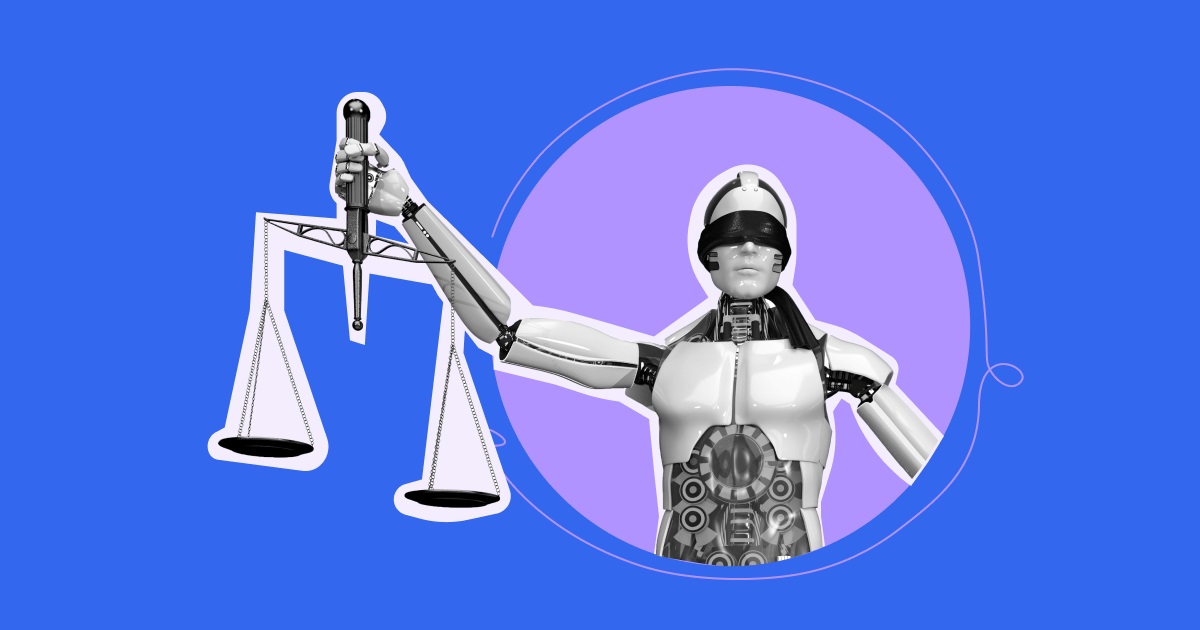
Artificial Intelligence (AI) is transforming our world in ways we never imagined. But with great power comes great responsibility. AI ethical issues are a hot topic, raising questions about privacy, bias, and accountability. How do we ensure AI benefits everyone without causing harm? This blog post dives into 17 key facts about AI ethical issues, shedding light on the challenges and opportunities. From data privacy concerns to the potential for job displacement, understanding these issues is crucial. Buckle up as we explore the ethical landscape of AI, ensuring a future where technology serves humanity responsibly.
Understanding AI Ethical Issues
Artificial Intelligence (AI) is transforming our world, but it also raises significant ethical concerns. These issues impact various aspects of society, from privacy to employment. Here are some key facts to help you understand the ethical implications of AI.
-
Bias in AI Algorithms
AI systems can inherit biases from their training data. If the data reflects societal prejudices, the AI will likely reproduce those biases, leading to unfair outcomes. -
Privacy Concerns
AI often requires vast amounts of data, which can include personal information. This raises questions about how data is collected, stored, and used, potentially infringing on individuals' privacy. -
Job Displacement
Automation powered by AI can lead to job losses in certain sectors. While new jobs may be created, there is a risk that many workers will be left behind without adequate retraining.
AI and Accountability
Determining who is responsible when AI systems fail or cause harm is a complex issue. Accountability in AI is crucial for ensuring trust and safety.
-
Lack of Transparency
Many AI systems operate as "black boxes," meaning their decision-making processes are not transparent. This makes it difficult to understand how they arrive at certain conclusions. -
Legal Responsibility
When an AI system causes harm, it is often unclear who should be held legally responsible—the developer, the user, or the AI itself. -
Ethical Decision-Making
AI systems may be required to make ethical decisions, such as in autonomous vehicles. Programming these systems to make morally sound choices is a significant challenge.
AI in Healthcare
AI has the potential to revolutionize healthcare, but it also presents ethical dilemmas that need careful consideration.
-
Data Security
Healthcare AI systems handle sensitive patient data, making them prime targets for cyberattacks. Ensuring robust data security measures is essential. -
Informed Consent
Patients must be informed about how AI will be used in their care and must consent to its use. This can be challenging when the technology is complex and not easily understood. -
Bias in Medical AI
Just like in other fields, bias in medical AI can lead to disparities in healthcare outcomes. Ensuring diverse and representative training data is crucial.
AI and Human Rights
AI technologies can impact fundamental human rights, including freedom of expression and the right to privacy.
-
Surveillance
AI-powered surveillance systems can infringe on privacy and civil liberties. There is a fine line between security and intrusion. -
Freedom of Expression
AI algorithms that moderate content on social media can sometimes suppress legitimate speech, raising concerns about censorship. -
Discrimination
AI systems can perpetuate discrimination if not carefully designed and monitored. This can affect hiring practices, lending decisions, and more.
Ethical AI Development
Creating ethical AI involves more than just technical solutions; it requires a commitment to ethical principles throughout the development process.
-
Inclusive Design
Involving diverse groups in the design and development of AI can help mitigate biases and ensure the technology serves everyone fairly. -
Ethical Guidelines
Many organizations are developing ethical guidelines for AI to ensure responsible use. These guidelines often cover issues like fairness, transparency, and accountability. -
Continuous Monitoring
AI systems should be continuously monitored and updated to ensure they remain ethical and effective as they evolve.
Future of AI Ethics
As AI continues to advance, new ethical challenges will emerge. Staying informed and proactive is key to addressing these issues.
-
Global Collaboration
Addressing AI ethical issues requires global cooperation. Different countries have different values and regulations, making international collaboration essential. -
Public Awareness
Increasing public awareness about AI and its ethical implications can lead to more informed discussions and better policy decisions.
Final Thoughts on AI Ethics
AI ethics isn't just a buzzword; it's a pressing issue. From bias in algorithms to privacy concerns, the impact of AI on society is huge. Companies and governments need to step up their game to ensure AI is used responsibly. Transparency and accountability are key. Without them, trust in AI will crumble. It's not just about creating smart machines; it's about making sure those machines make fair and just decisions. As AI continues to evolve, so must our ethical standards. Everyone, from developers to policymakers, has a role to play. Let's push for a future where AI benefits all, not just a select few. Keep these facts in mind, and you'll be better equipped to understand the ethical landscape of AI.
Was this page helpful?
Our commitment to delivering trustworthy and engaging content is at the heart of what we do. Each fact on our site is contributed by real users like you, bringing a wealth of diverse insights and information. To ensure the highest standards of accuracy and reliability, our dedicated editors meticulously review each submission. This process guarantees that the facts we share are not only fascinating but also credible. Trust in our commitment to quality and authenticity as you explore and learn with us.


